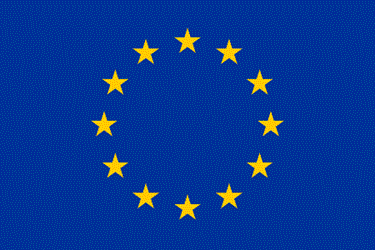European Parliament OKs Stricter Regs For Medical Devices
By Sara Jerome,
@sarmje

The European Parliament moved to tighten regulations on medical devices this week, passing a measure to create stricter oversight standards for manufacturers.
Though not the final say on this proposal, the agreement is the latest development in a lengthy battle to strengthen what critics see as a lax EU authorization system that has allowed harmful products to go to market.
The highest-profile example came two years ago when a breast implant scandal rocked the industry. "More than 16,000 women have had breast implants removed since it was found in 2011 that those from France's Poly Implant Prothese were twice as likely to rupture as rival brands," Alliance France Press reported.
In the U.S., medical device manufacturers must put their products through the FDA’s lengthy premarket approval (PMA) process before they can go to market. There was industry concern that the EU would adopt a similar system, potentially slowing the approval of new treatments. However, the European proposal turned out to be more flexible than the U.S. rules, Reuters reported.
The proposal instead centered on regulating EU notified bodies, Reuters explained: "The 80 or so mostly private 'notified bodies' that decide on product safety will face tougher certification standards. These bodies are often private companies to which national authorities outsource medical device inspections." Under the new rules, only a select set of these companies with proven expertise would be allowed to assess high-risk devices.
Device makers would also be subject to unannounced inspections, and potentially tougher inspections, the report said.
The proposal also aims to "improve access to clinical data for both patients and health professionals, so that informed choices can be made about which product to use," The Irish Times said.
The rules are not final. The Times explained the next hurdle they must clear: "The parliament will now negotiate legislation with member states, and [officials] said tighter controls could be in place as early as next year."
